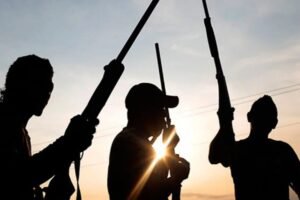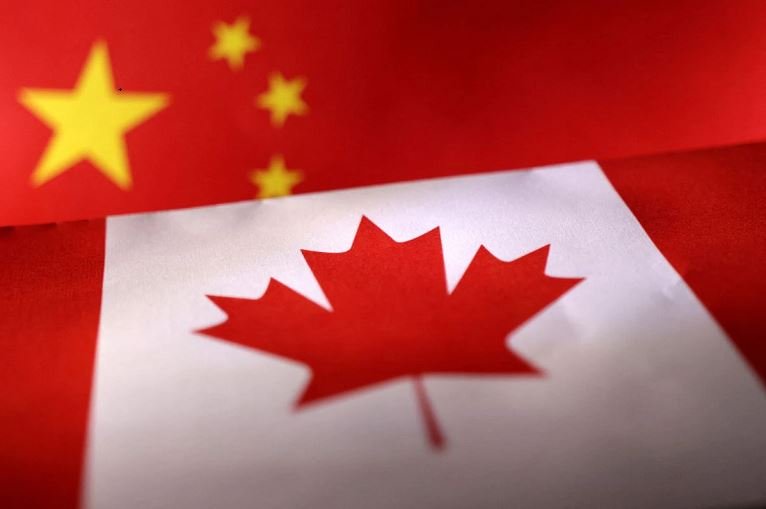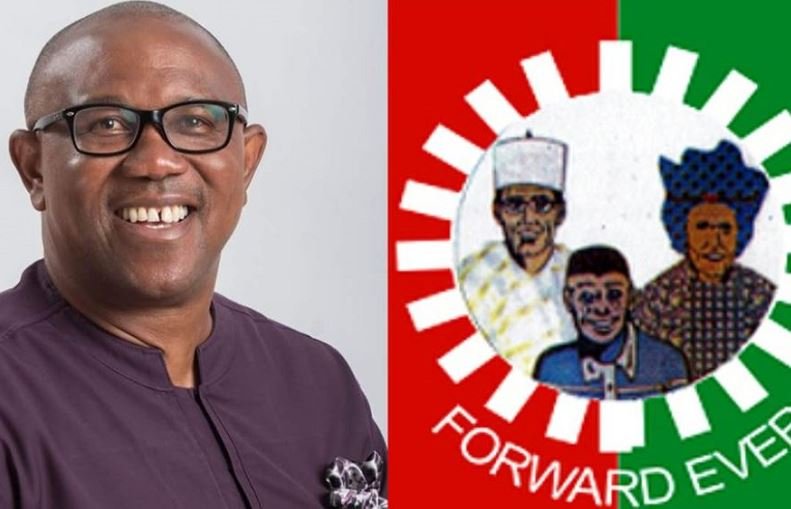According to the Immigration and Refugee Board of Canada, 114 Nigerians who applied for refugee status between January and June 2023 were denied.
Since the start of January 2013, 12,035 Nigerians have been rejected under the system, according to data from gotten from the IRBC’s Refugee Protection Division.
The IRB awards refugee protection in Canada if the RPD determines that an applicant or claimant fulfills the UN definition of a convention refugee, “which has been incorporated into Canadian law, or that the applicant is a person in need of protection.”
The 1951 UN Convention on the Status of Refugees defines refugees as those who have a credible fear of persecution because of their race, nationality, religion, political ideology, or membership in a particular social group. Sexual orientation, gender identity, being a woman, and people living with HIV/AIDS are examples of such social groups.
However, the paper stated that those seeking asylum in Canada must provide evidence which shows they face torture, a risk to their life, or cruel and unusual treatment or punishment if they return to their place of nationality.
It was discovered that Nigerian immigrants make protection claims when they inform the Border Services Agency at any port of entry upon arrival in Canada or report to an immigration officer.
“The officer decides whether the claim is eligible to be referred to the IRB. If the claim is eligible, it is sent (‘referred’) to the RPD to start the claim for refugee protection process,” an application guideline by the Refugee Board reads.
However, for the past decade and six months, the RPD has denied around 12,035 such applications from Nigerians seeking asylum in Canada.
According to the breakdown, 127, 241, and 248 Nigerians were denied protection in 2013, 2014, and 2015, respectively, under Canada’s new procedure for considering refugee protection requests, which went into effect on December 15, 2012.
In addition, in 2016, 2017, and 2018, 476, 917, and 1,777 claims were rejected, correspondingly.
The year 2019 witnessed the most rejected claims, with 3,951 Nigerian applications turned down, while 1,770, 1,686, and 728 people were denied refuge in 2020, 2021, and 2022, respectively.
Nonetheless, 9,783 Nigerians were given refugee status throughout the time period under consideration. In 2012, there were 20, 308 in 2013, 394 in 2014, and 389 in 2015. Also in 2016, 389 Nigerians were admitted, 764 in 2017, 755 in 2018, and 1,733 in 2019. In the years 2020, 2021, and 2022, 1,534, 2,302, and 1,315 people were given protection, respectively. In the first six months of 2023, 289 Nigerians were approved for protection.
As of June 2023, 2,198 applications were pending, as at least 432 persons had withdrawn their refugee claims.
Imaobong Ladipo-Sanusi, Executive Director of the Women Trafficking and Child Labour Eradication Foundation, who rated the acceptance rate as “fair,” said irregular migration was frequently the main cause of rejections.
Ladipo-Sanusi said, “Most times, many Nigerians miss it when they don’t understand the laws governing refugee status as adopted in their chosen destination. Every country has its regulations for absorbing people into its system.
“For one, documentation is crucial because coming irregularly will get you rejected from their system. But ultimately, everybody’s rights must be protected. Migration must be safe, orderly and regular. Even if their status is irregular, those who really need protection should be protected.”
Former Nigerian Ambassador to Singapore, Ogbole Amedu-Ode, also spoke, noting that while admitting all refugees and asylum seekers was not feasible, border control authorities had the responsibility to reject anybody believed to be a threat to their country.











